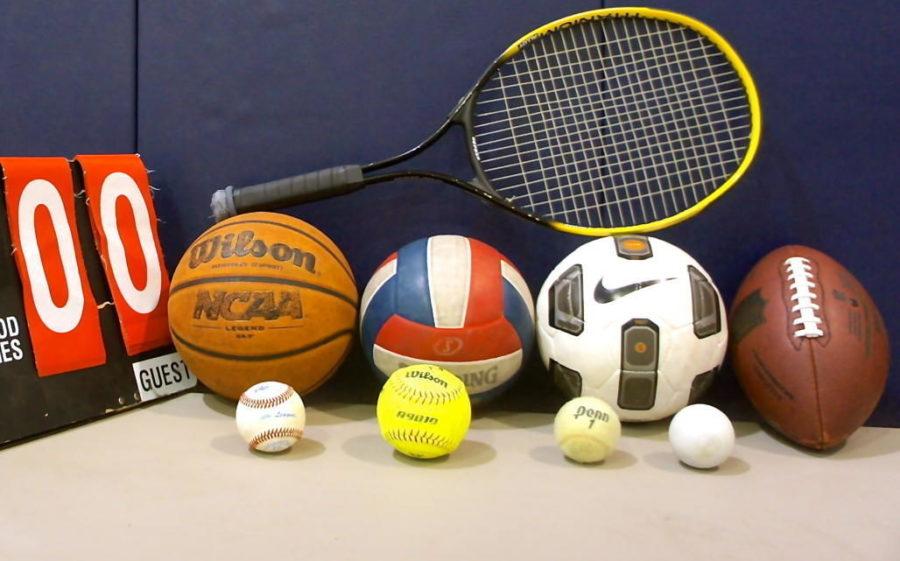“I’ve been working up to this moment for my whole life.”
This thought goes through the minds of many high school athletes as they are going through the college recruitment process. Throughout high school, athletes must work hard both in sports and in school in order to get recruited.
Though hard work is necessary, it is not the only factor that contributes to the ability to be recruited. As a start, athletes must be able to communicate their interests and skills with college coaches.
“I had to put myself out there in order to meet college coaches by using social media and other platforms such as emails and recruitment videos,” said Jason Lloyd, a senior who received a full scholarship to Air Force Academy for football.
Actively communicating with coaches plays a big role in the recruitment process. If there is a lack of communication, then college coaches can’t see a player’s full potential and it weakens the student’s chances of being recruited.
One way a student-athlete can communicate with coaches is through social media, such as Facebook and Twitter. Through social media, both colleges and student-athletes can gain more insight into what or who they are looking at.
Another thing that athletes do on social media is create videos of themselves that feature their athletic ability. These videos can show college coaches their strengths and highlights.
There are many ways that one can create a recruitment video. Some ways to get started are to do research on some websites, such as RecruitReels.com and NCSA (Next College Student Athlete).
It is important to be able to contact college coaches in any way possible, especially when looking to send them a recruitment video.
“If a student-athlete came to me wanting to get recruited, I would steer them in the direction of their coaches, because, for example, a baseball coach will have contacts with other baseball coaches who would have contacts to college coaches or others that could help get college contacts,” said Patrick Smith, the Carlmont athletic director.
Although coaches can help athletes get contacts with college coaches, they will not go out of their way to get one of their many players recruited. Throughout the process, the athlete is the one that needs to put in the most work on and off the field.
To even be considered for recruitment, an athlete must be very good at the sport they play and be able to constantly hone their skills to play well at the college level.
“All throughout high school, I constantly practiced and trained myself to be ready for exposure to college coaches and games, and without the practice, I would not have been recognized by any coaches in the first place,” said Mailey McLemore, a senior who got recruited to University of California Santa Barbara for softball.
According to a study from NCSA, academics play a critical role in college recruitment.
To be able to attend division one, two, or three schools, student-athletes have to finish high school with a minimum GPA of 2.0.
Some other attributes that college coaches often look for may seem small, like how a player treats one of their teammates, or how they behave in general; but when a coach is looking for a player, they are looking for someone that can fit well into the current team, according to USA Today.
Another aspect of being recruited is knowing what kind of college an athlete wants to attend. Before beginning the process, athletes have to know what type of school they want to attend and know if they need an athletic scholarship.
“Student-athletes should make a realistic list of schools that they could attend, asking themselves if that was really a school that they could play at or if the school is one that they would like to play at but have no chance of getting into,” said Smith.
Once athletes start thinking about these questions, their path and the schools that best fit their personality will become much clearer.
Although the recruitment process is very complex, it does not get easier once someone gets recruited.
For example, if one person was recruited to multiple colleges, then they would have to make a tough decision about which college to go to.
“I recommend that if you are recruited to multiple colleges, visit each one and look for a program and campus that appeal to you. Don’t just go to a college with a good sports team,” Lloyd said.
The recruitment process is complex, and constant reminders of that fact show people that hard work pays off. Throughout the whole process, the most important thing to do is remember one’s goals, visit schools, do enough research to make a decision about what college to go to, and then everything else should fall into place.












